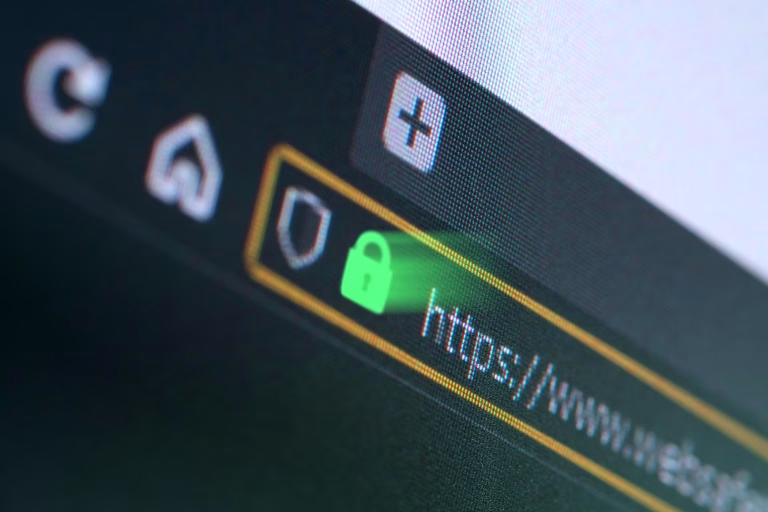
Africa Internet Day is observed annually on the second Tuesday of February, highlighting the continent’s digital transformation and the role of the internet in shaping its future.
This year, February 11, 2025, marks another milestone in Africa’s internet evolution as connectivity continues to grow alongside an increasingly young and tech-savvy population.
With 70% of sub-Saharan Africa’s population under the age of 30, according to the United Nations, internet adoption is rising rapidly. However, increased connectivity comes a greater need for cybersecurity awareness.
A recent survey by KnowBe4 assessed cybersecurity awareness among 800 smart device users across seven African countries—Morocco, South Africa, Nigeria, Ghana, Egypt, Kenya, and Botswana.
The findings highlight both progress and pressing concerns in the region’s digital landscape:
- 58% of respondents are concerned about cybercrime, compared to 29% in 2023.
- 37% of respondents said they fell for fake news or a disinformation campaign.
- 53% admitted they did not know what ransomware was.
- 35% have lost money due to a scam.
The goal of the survey was to assess respondents’ cybersecurity awareness, digital habits, and online security practices.
You can tell the awareness of cybercrime in Africa is gradually gaining traction, as evident in the rise of cybercrime concerns from 29% in 2023 to 58% in 2024.
That said, a staggering percentage of 53% claim they did not know what ransomware was. While it can be understandable in the sense that ransomware mostly targets organizations, ignorance of such a digital security threat should be concerning.
Ransomware is a form of malware that encrypts or seizes data or sensitive information until a certain amount called ransom is paid. A current report suggests that the payment of ransom has dropped as victims rely on backups instead of paying ransom.
The rise of mobile banking technologies such as mobile money has paved way for many people in unbanked areas to access financial services bridging the gap of financial inclusivity. However, users are always at risk when it comes to technology.
35% of respondents claimed they lost money due to scams. Awareness needs to be louder than it has ever been before, especially in an era where Artificial Intelligence (AI) empowers everyone to become a cybercriminal.
Ghana, among the countries surveyed, recorded over GHS 65,000 lost to investment scams in January 2025. South Africans were also cautioned against similar investment scams recently.
37% of respondents fell for fake news or disinformation campaigns, particularly on social media. Disinformation is false information designed to mislead others or damage the reputation of someone. These activities are most commonly observed during election seasons.
Research has shown that during the 2021 elections in Uganda, campaigns utilized doctored images, fabricated videos, and false text to distort democratic discourse. Similarly, during Angola’s election in 2022, malicious hashtag campaigns were deliberately created to discredit the opposition candidate.
Recommendations for Your Online Safety
- Stay Informed About Cyber Threats: Educate yourself about common cyber threats such as ransomware, phishing, and social engineering. Follow reputable cybersecurity sources and take online safety courses to stay updated.
- Verify Information Before Sharing: Always fact-check news and online content before sharing. Use reliable sources, cross-check with reputable news outlets, and be cautious of misleading headlines or emotionally charged content.
- Be Cautious with Online Transactions: Verify the legitimacy of websites and sellers before making purchases. Avoid sharing sensitive financial information with unverified sources, and use secure payment methods with fraud protection.
- Use Strong Cybersecurity Measures: Enable multi-factor authentication (MFA), use strong passwords, and regularly update your software to protect against cyber threats. Always be cautious when accessing online accounts.
- Recognize and Avoid Phishing Scams: Be wary of unsolicited emails or messages requesting personal information. Avoid clicking on suspicious links or attachments, and verify the sender’s authenticity before responding.




